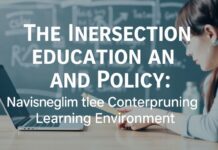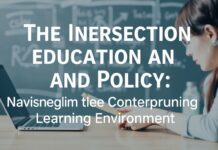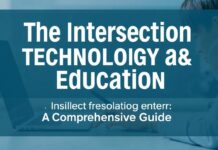An alarming study conducted by The News Literacy Project, a nonpartisan education nonprofit, revealed that while 94 percent of teens desire media literacy education in schools, only 39 percent had received such instruction during the 2023-24 school year. The study, titled “News Literacy in America: A survey of teen information attitudes, habits & skills,” surveyed over 1,000 young people aged 13-18 and highlighted the critical need for comprehensive news literacy education in schools across the nation.
The study found that a staggering eight in 10 American teenagers encounter conspiracy theories on social media at least once a week, with many believing narratives such as the 2020 election being rigged, the COVID-19 vaccine being dangerous, and the Earth being flat. Additionally, 81 percent of teens who come across conspiracy theories believe at least one of them, showcasing the influence of misinformation on young minds.
Moreover, almost half of teens (45 percent) feel that the press does more harm than good to democracy, and eight in 10 believe that information from news organizations is no more impartial than content from other online creators. Despite the prevalence of generative artificial intelligence tools, only 23 percent of teens use AI chatbots regularly, challenging the assumption that AI has revolutionized the way young people approach learning.
Dr. Kim Bowman, a co-author of the report, emphasized the importance of teaching media literacy skills to combat the spread of harmful conspiracy theories on social media platforms. The study also found that teens exposed to media literacy instruction were more likely to engage in civic activities, correctly identify real images from AI-generated ones, and exhibit higher trust in news media.
The findings of the study underscore the urgent need for media literacy education to empower students to navigate the complex information landscape effectively. Dr. Lance Holbert, director of the Leonore Annenberg Institute for Civics (LAIC) at the Annenberg Public Policy Center at the University of Pennsylvania, emphasized the necessity of making media literacy a curricular priority to educate the youth about the value of quality journalism for a sustainable democracy.
In conclusion, the study highlights the critical role of media literacy in equipping students with the necessary skills to critically analyze information, combat misinformation, and actively engage in civic society. By prioritizing media literacy education in schools, we can empower the next generation to become well-informed, discerning citizens capable of upholding the principles of democracy.







